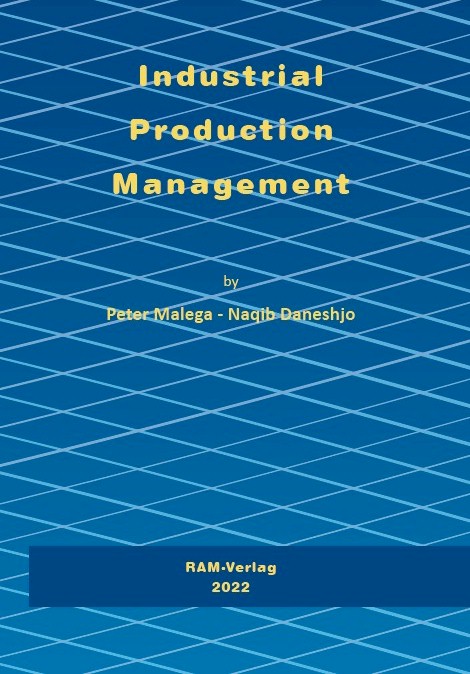|
 |
INTRODUCTION
One of the hallmarks of contemporary business theory and practice around the world is the search for new approaches to better managing of business in a more systematic and effective way in the face of innovative change, globalization, and turbulence in the business environment.
The basic prerequisite for the success of a business unit is sustained innovative activity. It requires innovative changes that produce real commercial, economic and social effects. The issue of innovative potential of small and medium-sized enterprises and possible ways of its development is currently very topical also in the conditions of Slovak manufacturing enterprises, especially in terms of their adaptation to new global conditions, including the global economic crisis. The innovative path is necessary in all production industries and sectors. Innovation is of particular importance in the automotive industry in Slovakia, which, despite the economic crisis, remains the strongest sector not only at present, but is also a prospect for the future. This sector is also characterised by a high rate of innovation. The Slovak automotive industry is striving to ensure that as large a share as possible of the subcontracting of automotive components is made up of products with a high level of added value and the development of knowledge-intensive services. It is necessary to respond flexibly and effectively to these challenges, to create and implement support systems for increasing innovation potential in the form of innovation policies and strategies, innovation management techniques, the development of knowledge-intensive services, infrastructural tools (science and technology parks, clusters, innovation centres, etc.) and methodologies for optimising innovation processes in enterprises.
The dynamics of changes in the market environment causes increased demands on the flexibility of manufacturing enterprises and rapid adaptation to changed conditions through innovations in production and production organisation.
In the conditions of the global economic crisis, the need for innovations to reduce costs, apply lean concepts, change product-ion programmes, new marketing procedures, etc. is accelerating. At the same time, it is necessary to develop the innovation potential of the enterprise for the post-crisis period. One of the ways of increasing the innovation potential of enterprises is the effective implementation of innovation management tools and the use of innovation support systems.
Support systems and tools to increase the innovation potential of enterprises offer:
1. They open up an innovation space that would not be availa-ble to SMEs without them. They cannot themselves, for ex-ample, work with technologies such as reverse engineering, rapid prototyping, expert software systems, etc. Small en-terprises also access these technologies and knowledge through knowledge-intensive services, for example by join-ing a cluster.
2. The support comes from outside the corporate environment, thus enriching the enterprise with new approaches and knowledge. Support systems have a broader scope than manufacturing enterprises and apply good practice transfer to a large extent.
3. Businesses only buy the services they need to improve their operations. They can focus on the core of their business pro-cesses and save on investing in difficult technologies that they would only use in fragmented manner
4. Information and communication subsystems facilitate the delivery of services without territorial barriers.
5. A significant benefit is the development of human resources in the company. Innovation management techniques, service delivery and involvement in innovation networks trigger the need for upskilling, enabling the acquisition of new knowledge and working practices.
6. The innovation policy of the European Union and Slovakia creates extensive sets of support means which, at a higher level of implementation, will contribute to increased com-petitiveness.
